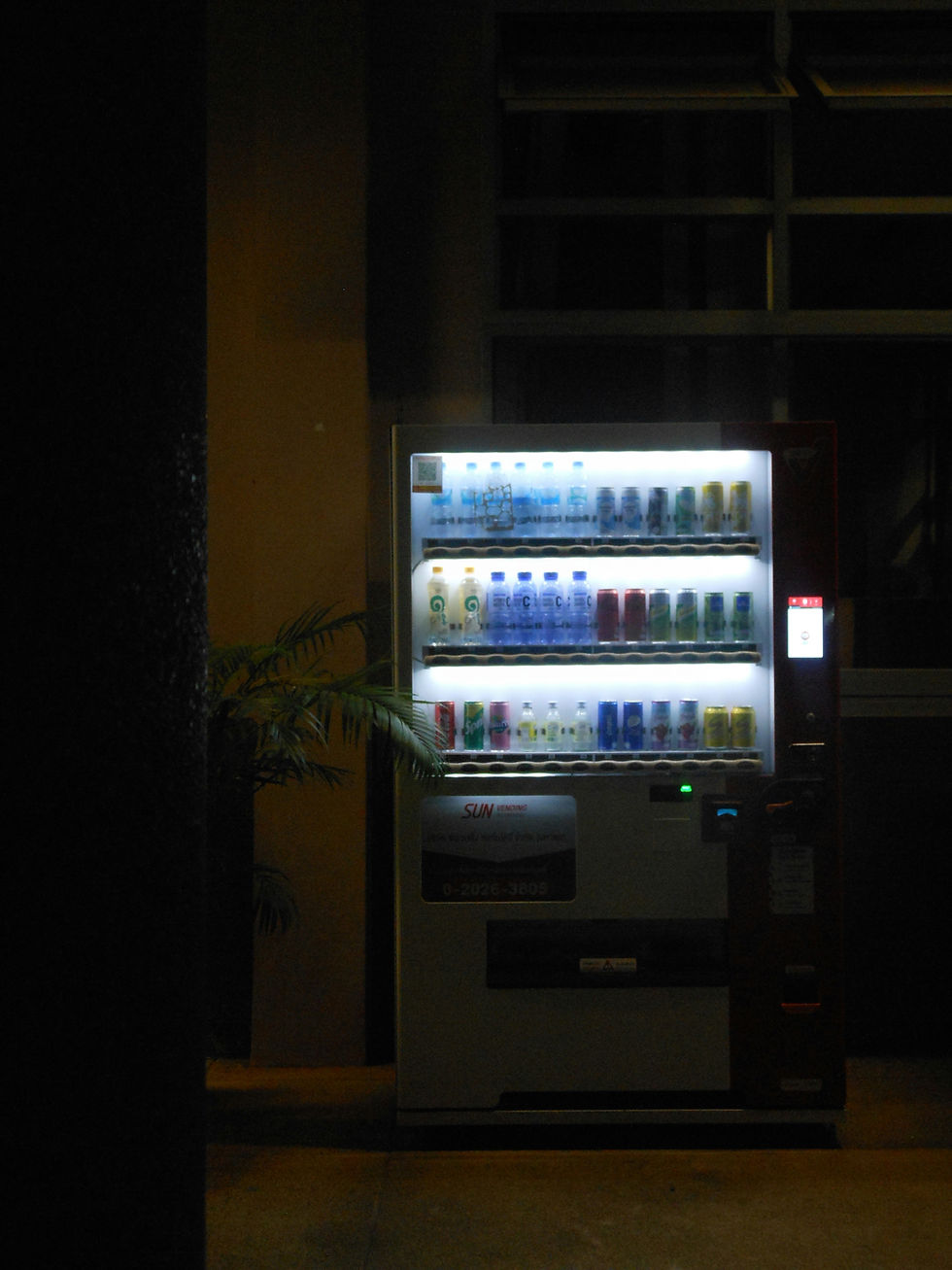Refreshment focuses on the water dispenser/cooler, office coffee service and vending sectors, while also taking an in-depth look into products for vending from bottled water and drinks, to snacks and confectionery. It also focuses on hydration, health and wellness, new technologies and environmental and social responsibility issues.
Research
Coffee & tea

The Companhia Nacional de Abastecimento (Conab) – or, in English, the National Supply Company – has published its third survey on Brazil's coffee harvest for 2024.
The report reveals an estimated production of 54.79 million processed bags, representing a decline of 0.5% compared to last year's output. This assessment highlights the considerable impact of adverse weather conditions on production expectations, underscoring the challenges faced by the coffee sector this year. Conab said that the weather had an influence between its second and third surveys, despite some estimates pointing to a good production potential of the crops.
Adverse weather conditions, including drought and high temperatures, have negatively impacted productivity, bringing the national average coffee productivity down to 28.8 bags per hectare, a 1.9% decline from last year.
For arabica coffee, production is projected at 39.59 million bags, a 1.7% increase. Minas Gerais, Brazil's main coffee producer, is expected to yield 27.69 million bags, though this marks a 3.4% decrease due to ongoing drought conditions.
In São Paulo, while weather conditions have impacted crop performance, production is still expected to increase by 8.2% compared to 2023, which could reach a production of 5.44 million bags this year. A similar pattern is seen in the arabica-producing regions of Espírito Santo, Rio de Janeiro and the Cerrado area of Bahia, highlighted Conab, where projected increases are lower than initially estimated.
Meanwhile, conilon coffee production is forecasted to drop by 6%, totaling 15.2 million bags. Espírito Santo is projected to produce about 9.97 million bags, down 1.9%. In Rondônia and the Atlantic region of Bahia, significant declines of 16.4% and 13.3%, respectively, are expected due to reduced productivity and cultivated areas.
In 2024, the area dedicated to coffee cultivation for arabica and conilon covers 2.25 million hectares, with 1.9 million hectares in production, reflecting a 1.4% increase. However, the area under formation has decreased by 4.5%, totaling 345.16 thousand hectares.
Despite these challenges, coffee prices remain attractive for producers, driven by tight bean supply. Brazil's coffee exports have surged, with 32.1 million 60-kilo bags shipped from January to August 2024, marking a 40.1% increase compared to the same period in 2023. Conab said that these figures remain high, Brazil could exceed its 2020 export record of 43.9 million bags.
#Brazil #coffee #market
Related posts
2026 outlook: How the vending and water sectors are shaping a smarter, more sustainable future
Representatives from the Automatic Vending Association (AVA), the European Vending & Coffee Service Association (EVA), the Water Dispenser & Hydration Association (WHA) and Zenith Global offer their insights into how technology, consumer behaviour and legislation will shape the future of automated retail and hydration.
.png)

%20(1).jpg)









